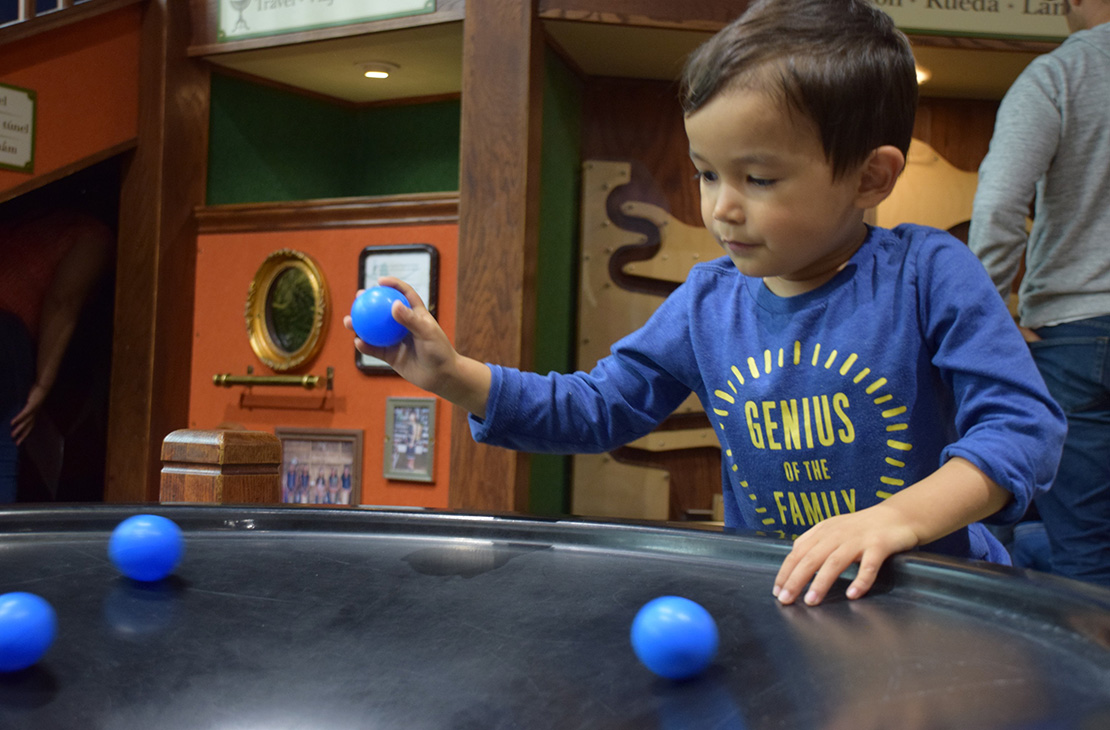5 Ways to Help Build Your Child’s Perseverance
By Anjali Shastry
I have not failed. I’ve just found 10,000 ways that won’t work. — Thomas Edison
Kids of all ages and stages naturally follow the scientific process as they learn about the world around them. They ask questions, fixate on their chosen topic, make guesses about why things work the way they do, and test those hypotheses. But sometimes they stumble on the path to forming their conclusions, and choose to abandon their line of inquiry rather than push past their confusion and frustration.
So how can we ensure that kids build up the perseverance to tackle difficult problems as they get older and become the problem-solvers we desperately need in the world?
1. Ask guiding questions
As children go down their path of inquiry, they may become overwhelmed by the millions of directions they can take, choices they can make, and outcomes that can be expected. That feeling can be controlled when you go on the journey of exploration with them, asking questions to gently guide them to a hypothesis they can test. As you ask more questions, they’ll learn to ask themselves those same questions and more confidently draw conclusions about the world around them.

2. Don’t give away the answer
As adults, we know how to do basic tasks, have different thought processes, and already know the answers to questions that confound and amaze children. So watching kids struggle to solve a problem or find an answer can be frustrating.
Allow them the space to explore on their own and give them the freedom to wonder, to think for themselves, and let their minds engage in creativity — no matter how frustrating it is to YOU. Kids are remarkably good at gauging the emotions and reactions of adults around them, so avoid showing annoyance at their inability to finish a task the way you would do it. If not, they will follow your lead and also get frustrated with the task. Keep up with guiding questions and let them figure it out at their own pace.

3. Give them a win
That said, sometimes children are fully stymied by a problem and it’s not productive to let them flail in the name of self-discovery. We don’t have to give away the store, but a small win will keep them moving forward. Maybe they’re building a castle and it keeps tumbling down when they add a piece in a certain place, and they cannot figure out why. Offering a little tip to support the structure before adding to it will give them the motivation to continue building their castle and expanding their kingdom!
4. Offer pointed praise
Children put a lot of thought into answering questions, building objects, creating art, or whatever task is at hand. Offer praise for their efforts, but be specific about what you like. “Good job” is too general, but they may respond well to “Wow, I really like that you put those two pieces together because now it’s strong enough to build on top of.”
Highlighting specific things that make the project function will help kids see that they achieved something integral! If the praise is too general, they know they’ve done something well, but don’t know what. Pointed praise may even bring to light things they’ve done that they may not even recognize that they did. This will give them the motivation to keep experimenting!
5. Support failure
It’s inevitable and happens to the best of us! We all fail to complete tasks or figure out answers to burning questions. So we shouldn’t be surprised that our littlest citizens may fail, fail again, and then fail some more. What’s important is supporting that failure and using it as a jumping off point for the next learning adventure.
Using language like “It’s okay it didn’t work out this time, but what do you think would happen if we tried it differently next time?” will help children reframe failure as a learning opportunity and not as a roadblock to success. “Don’t be upset it didn’t work, be curious about why it’s not working and find the answers going forward. Keep looking and keep going.”
Adults and children can partner in exploring. Sometimes kids can’t really figure out why their project isn’t working. Tossing a little hint will go a long way to keeping their spirits up long enough to cultivate the genuine interest and passion that will keep them in problem-solving mode for years to come!
Special thanks to Christine Thalls and Eliana Zacarias
Thanks to Cecilia Clark.

